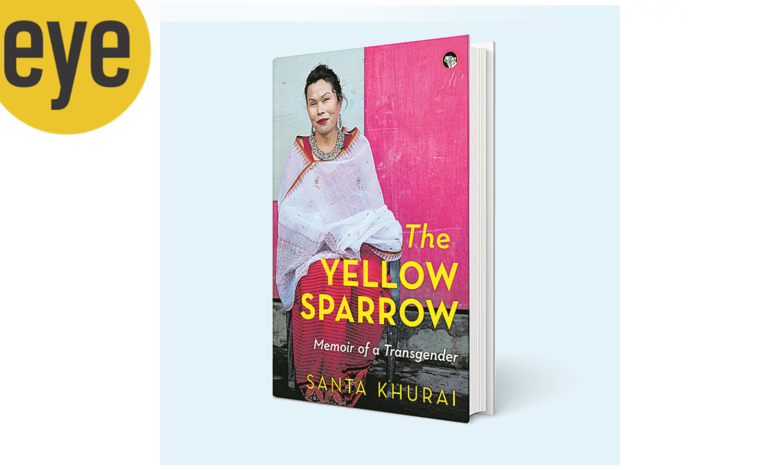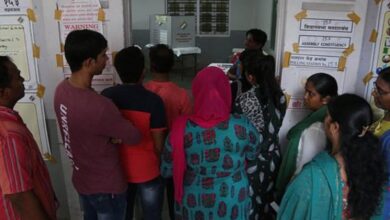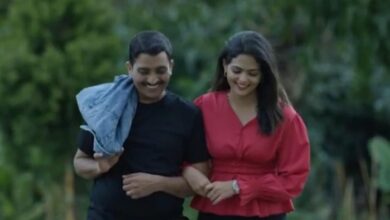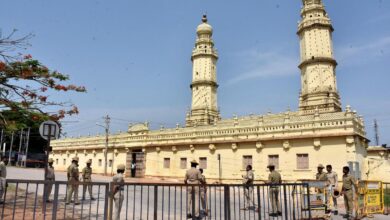Trans activist Santa Khurai’s The Yellow Sparrow traces her life in militarised Manipur and her struggle to self-identity | Books and Literature News

Two years ago, at a literature festival in Shimla, I came across Santa Khurai sitting in a corner by herself. When my friends and I told her how much we respect her work, she seemed surprised and asked us, “You know me?” That question might seem simple but it is a typical trait of people working at the grassroots, who really underestimate their influence on society. I relived that meeting when I read her recent memoir The Yellow Sparrow (Rs 499, Speaking Tiger), translated from the Manipuri by Rubani Yumkhaibam, which explores her revolutionary journey of self-realisation.
Santa speaks of a beautiful poem — which the book is named after — she wrote a day after an intense quarrel with her father, when she was sitting in her courtyard under a mango tree and observed a sparrow with a broken wing. The bird’s pain and isolation inspired her to write the poem, encapsulating the sparrow’s journey of accepting itself and its yellow feathers, different from all other sparrows, and its mother’s incessant attempts to cloak that difference by plucking them out. Santa’s life, too, growing up in a small village in Manipur, assigned male at birth and shunned by her parents and society for expressing her true self as a woman, was painful. Living in a highly militarised zone, she had to endure abuse from army personnels. In school, she was bullied for being different and wrote a diary that grew into this memoir.
This book describes the heterogeneity and diversity of India’s queer community. Khurai faced both gender discrimination and racism. Her location marginalised her as she tried to connect with national and international fora. Prejudice against people from Northeastern states is well-known in India, but even abroad, people are ignorant of Indians’ diverse facial features. Despite all odds, she successfully opened a beauty parlour, though her responsibilities towards Nupi Maanbis (Manipuri transgender women) increased, so she had to let it go. She writes on how working for the community can cost one economic stability.
Because of widespread loneliness in the queer community, it is common for individuals to be stuck in toxic relationships, the need for connection enabling abuse and disabling sharing of vulnerabilities. Khurai has explored that unabashedly. She narrates intimate memories like surviving an abusive marriage and overcoming drug abuse.
In India’s literary scene, translated literature is rising but some languages rarely take centrestage. Rubani brings out an important Manipuri voice that rekindles the hope of seeing diverse stories from Manipuri, in English and other languages.

Reading her story in 2024, with a year of Manipur’s ethnic clashes already behind us, contextualises her life. Her rocky path to self-acceptance, including adopting a son, is inspiring. Her indomitable spirit to own her yellow feathers and not let anyone pluck them is a lesson for generations to come.
Mitra is a writer, translator and editor from Allahabad, UP







